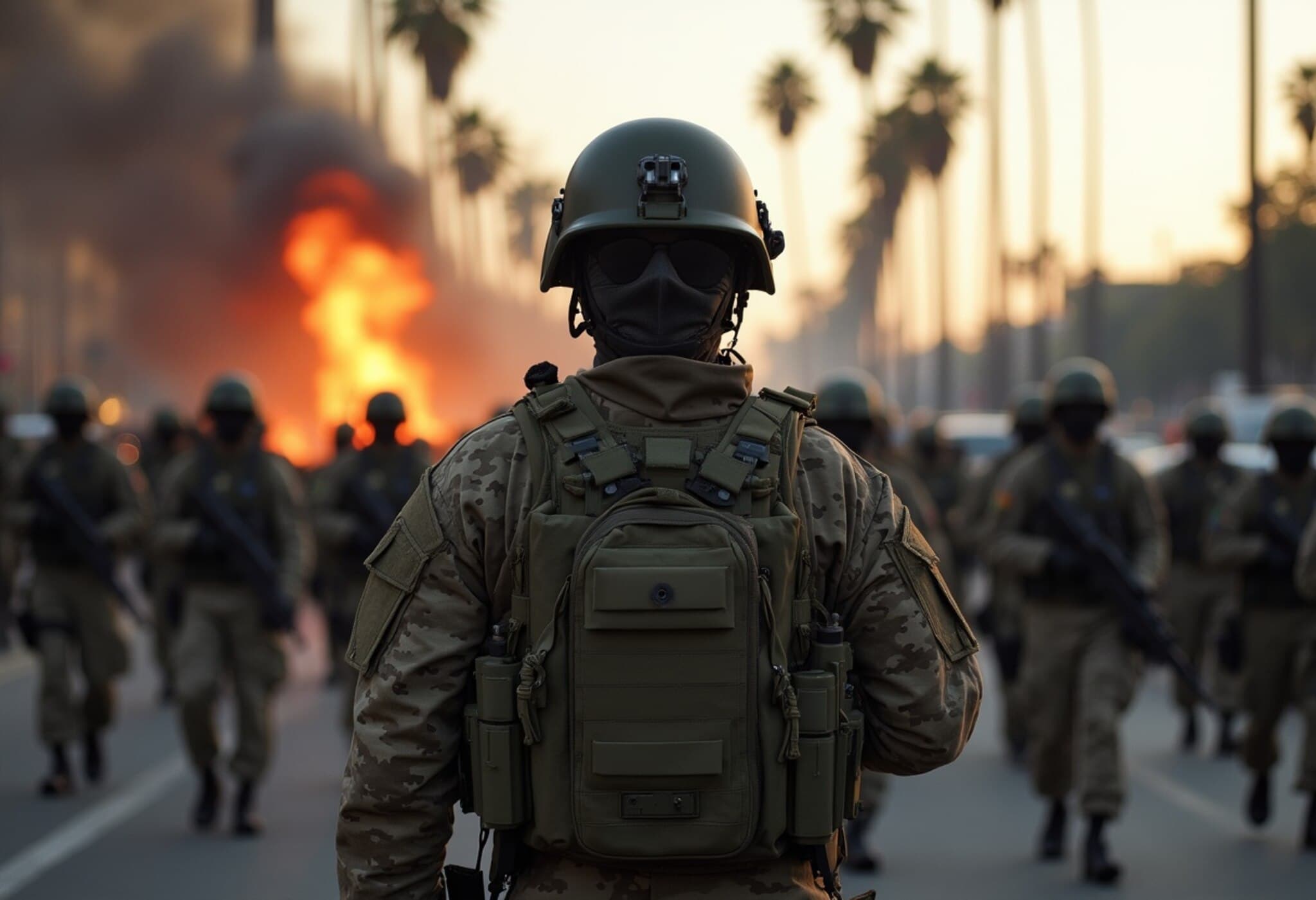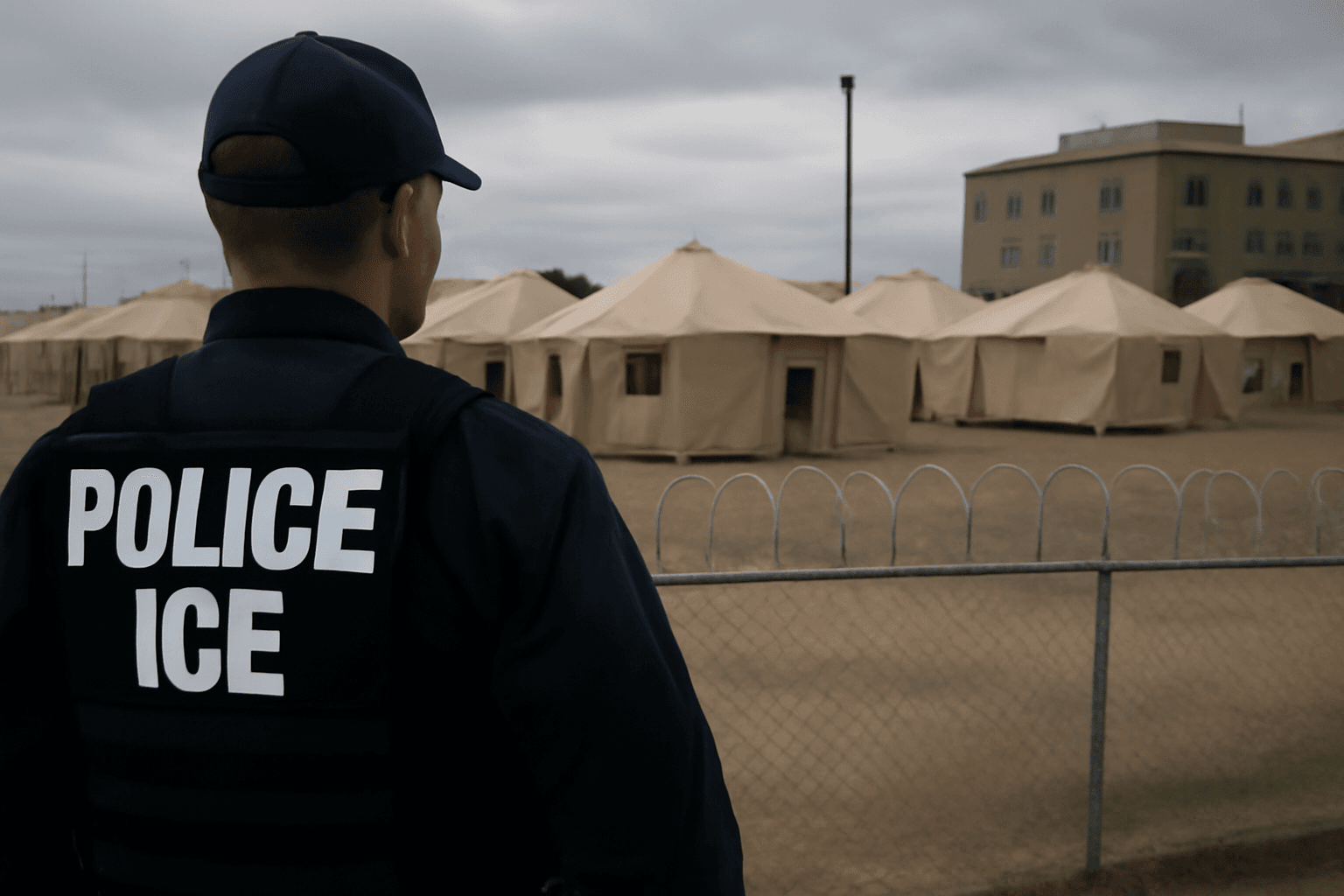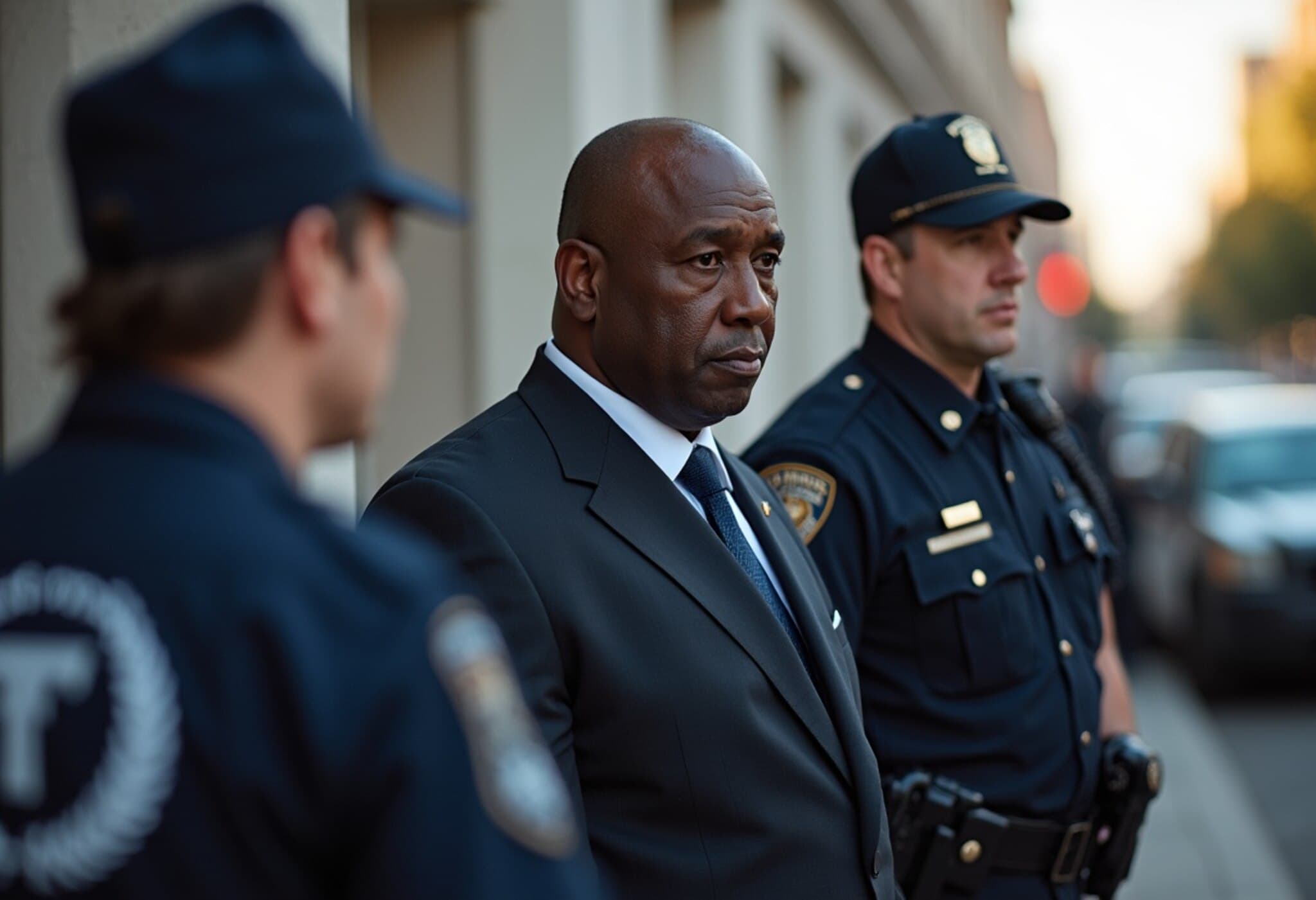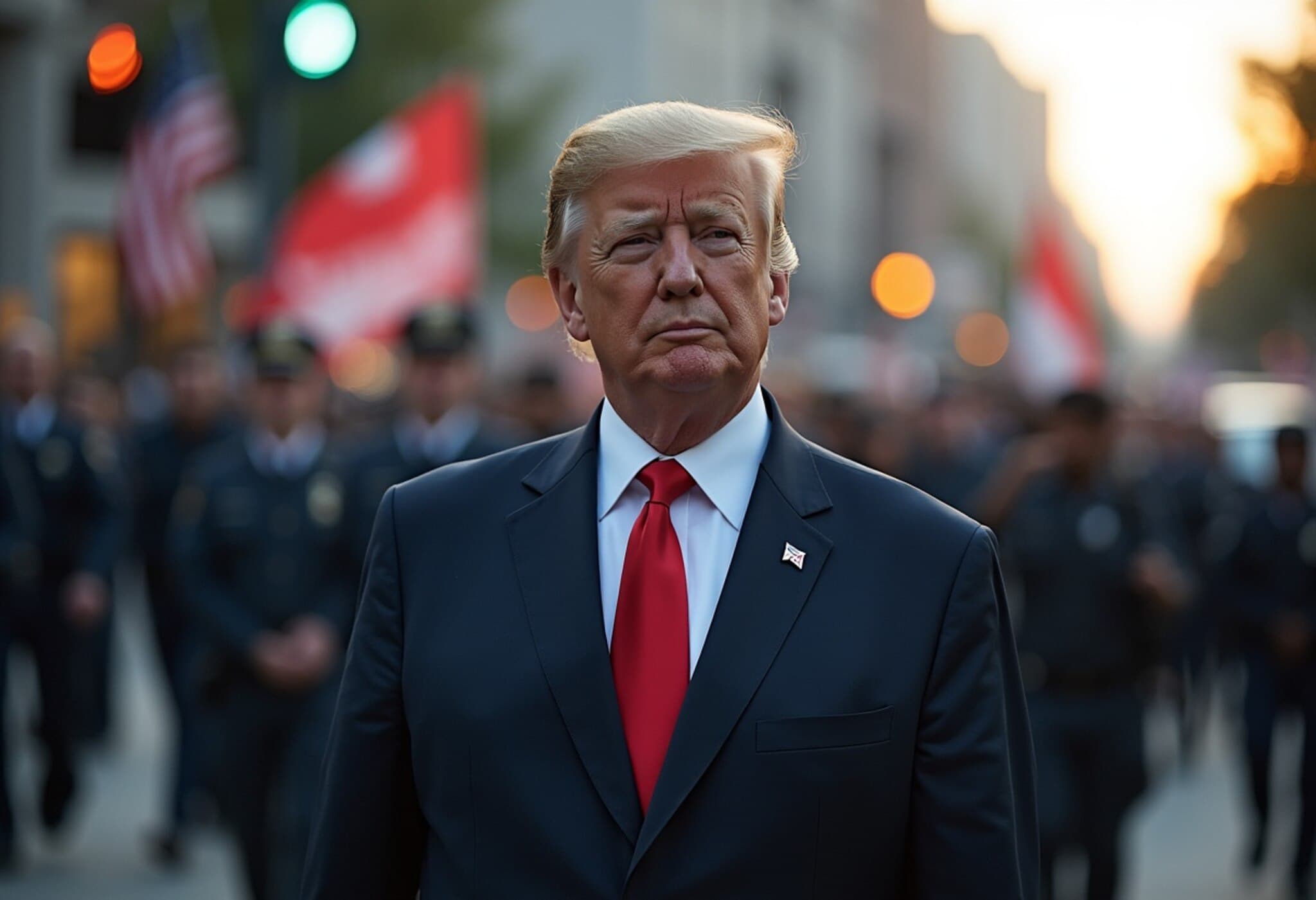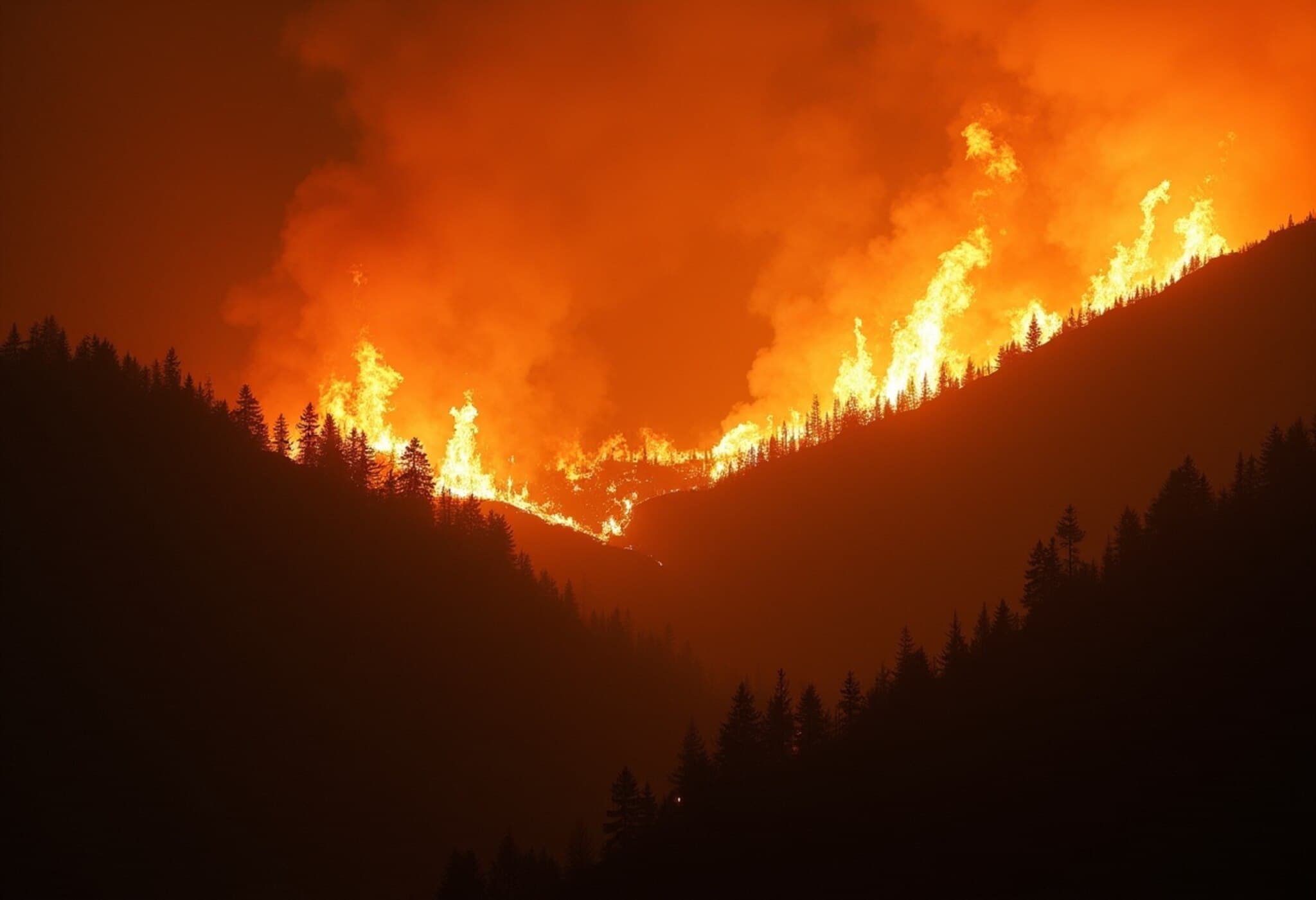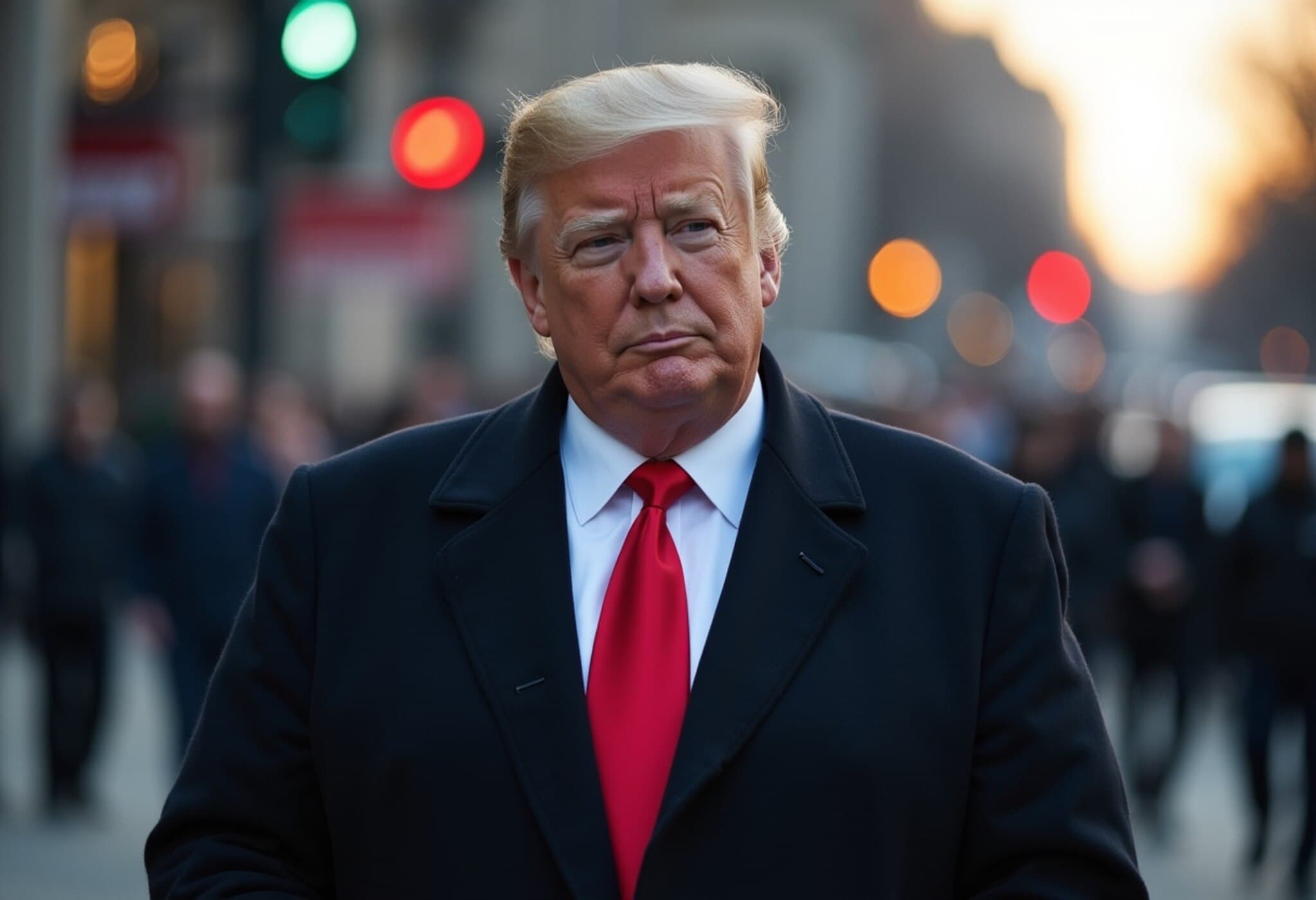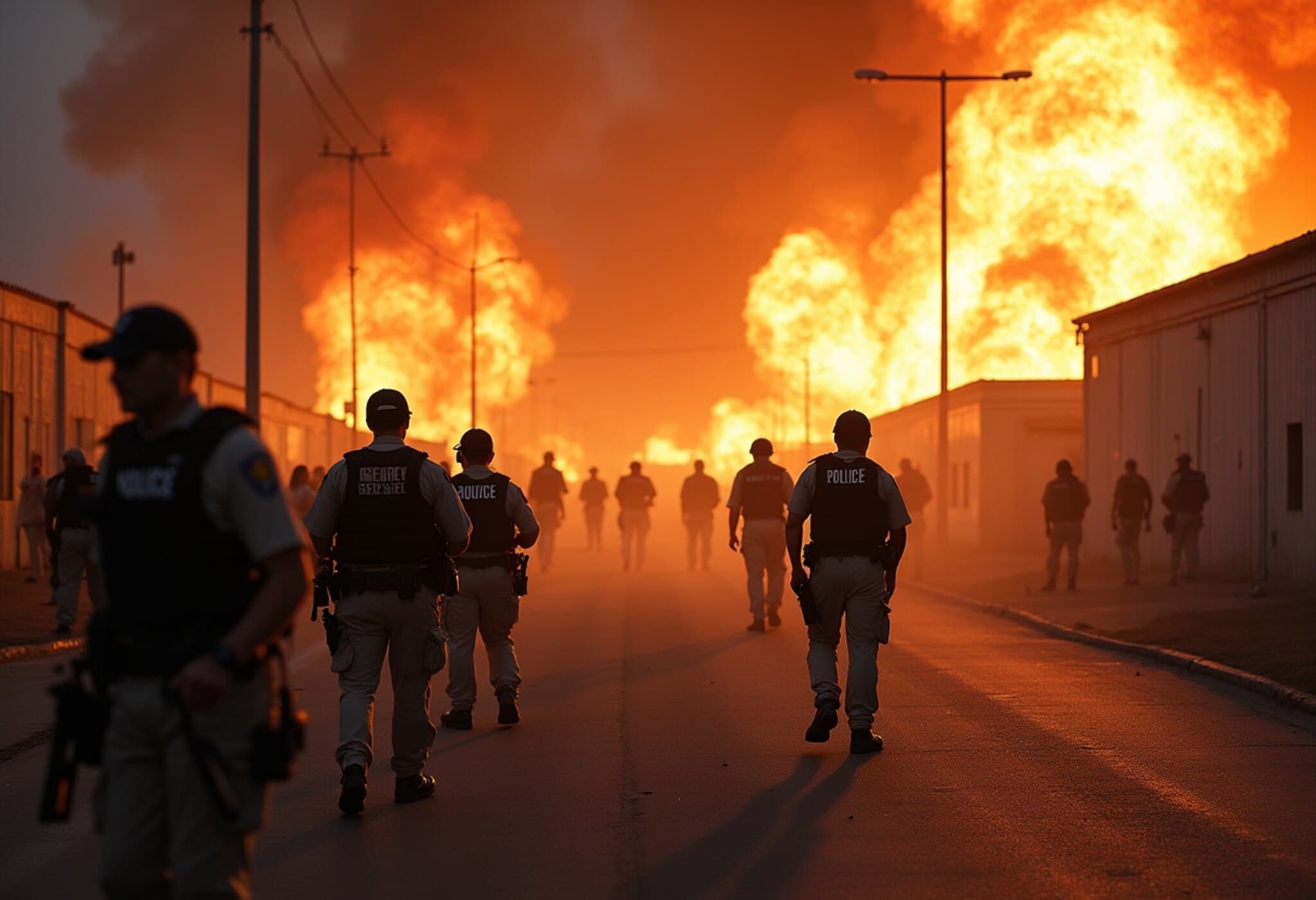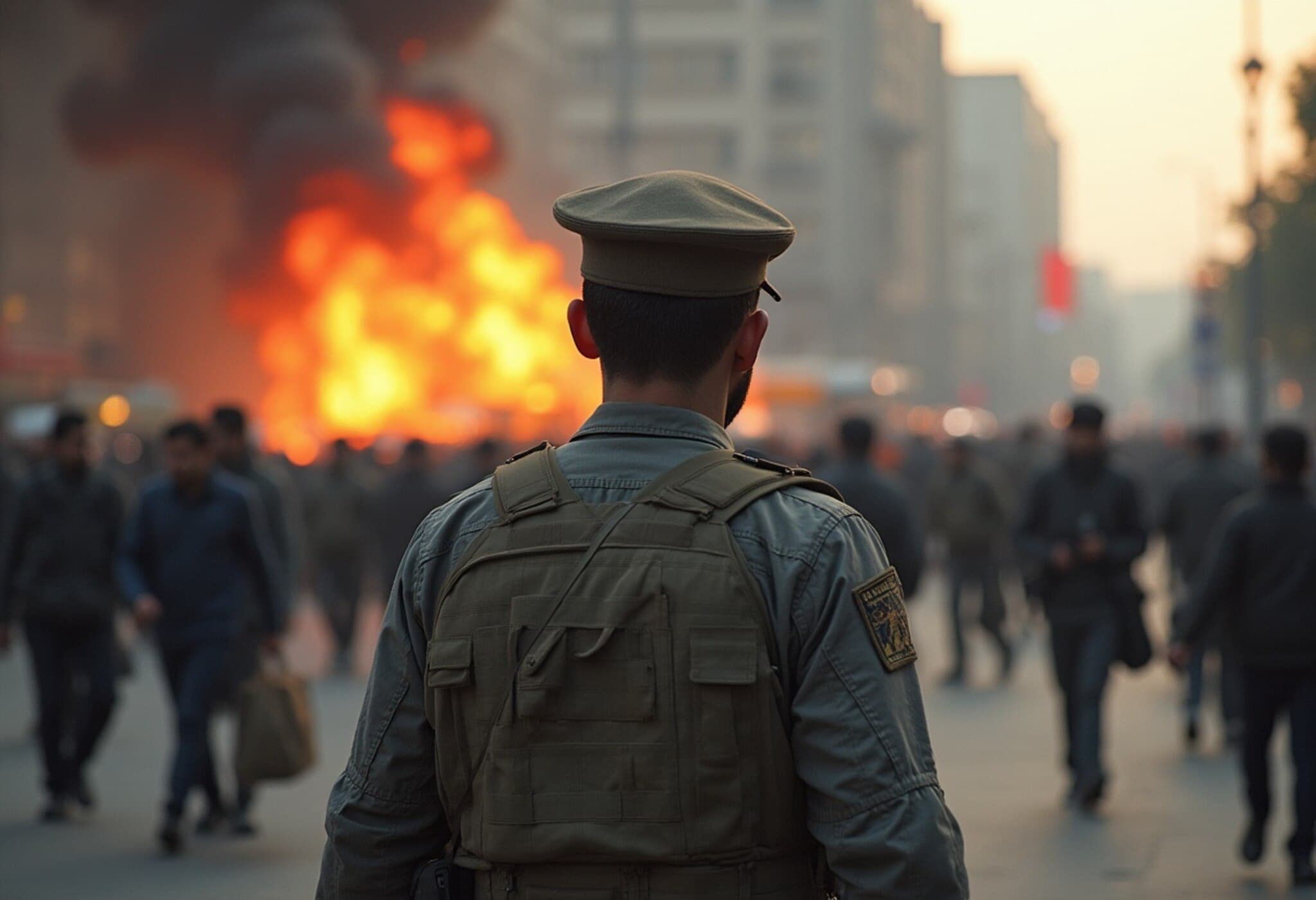US Military Begins Scaling Back National Guard Presence in Los Angeles
In a significant development following weeks of heightened tensions, the Pentagon has announced the withdrawal of approximately 2,000 National Guard troops from Los Angeles. These forces were part of the initial 4,000 deployed to the city to manage the escalating protests triggered by aggressive immigration raids orchestrated by U.S. Immigration and Customs Enforcement (ICE).
Background: Why Were National Guard Troops Deployed?
Last month, the federal government, under President Donald Trump’s administration, deployed National Guard units and around 700 Marines to Los Angeles. The deployments came amidst rising unrest sparked by ICE conducting multiple immigration enforcement operations across the city.
The raids ignited widespread demonstrations, some of which turned violent, prompting officials to authorize a security response aimed at protecting federal property and personnel.
Political and Legal Controversies Surrounding the Deployment
The move was met with fierce criticism, especially from California’s Democratic Governor Gavin Newsom, who publicly denounced the deployment as an “assault on democracy.” Governor Newsom argued that the federalization of the National Guard without his consent echoed tactics used by authoritarian regimes—targeting vulnerable populations who lack the means to defend themselves.
This action marked a rare and controversial precedent, as for the first time since 1965, a U.S. president federalized National Guard troops without the approval of a state governor. Such a decision raised important questions about federalism, states’ rights, and the balance of power within American governance.
Pentagon’s Rationale for Troop Withdrawal
Pentagon spokesperson Sean Parnell stated that the decision to scale back National Guard numbers was a recognition of the "success of the mission." Secretary of Defense Pete Hegseth signed the order, and Parnell added, “Thanks to our troops who stepped up to answer the call, the lawlessness in Los Angeles is subsiding.”
Despite the drawdown, approximately 2,000 National Guard members and 700 Marines remain deployed, indicating that federal authorities are maintaining a significant security presence as the city continues to manage tensions around immigration enforcement.
Expert Insight: Implications for Civil-Military Relations and Immigration Policy
The federalization and subsequent partial withdrawal of troops in Los Angeles illuminate the ongoing friction between federal immigration priorities and local governance approaches. Experts underscore the delicate balance required in deploying military forces domestically—especially in politically charged contexts like immigration enforcement.
Furthermore, the situation spotlights broader questions about how immigration policies and enforcement tactics impact community relations, public safety, and civil liberties. The legal challenge by Governor Newsom raises critical debate on executive power limits and the rights of states to manage their internal security.
What Lies Ahead for Los Angeles?
- Continued vigilance: With thousands of troops still on the ground, local authorities and federal agencies must navigate the complex intersection of security and civil rights.
- Community engagement: Experts urge enhanced dialogue between immigrant communities, law enforcement, and policy makers to reduce tensions and foster trust.
- Policy reconsiderations: Amid increasing public scrutiny, federal agencies may face pressure to revisit enforcement strategies to mitigate unrest.
Editor’s Note
This partial withdrawal of National Guard troops from Los Angeles marks an important turning point, but not an end, to the challenges at the intersection of immigration enforcement and civil order. It raises enduring questions about federal authority, state autonomy, and the ethical dimensions of domestic military deployments. As the nation continues to grapple with immigration reform debates, this episode serves as a potent reminder of the human and political complexities underlying policy decisions.

